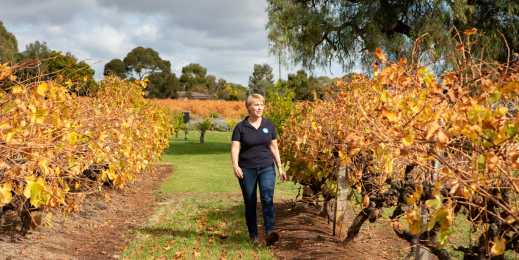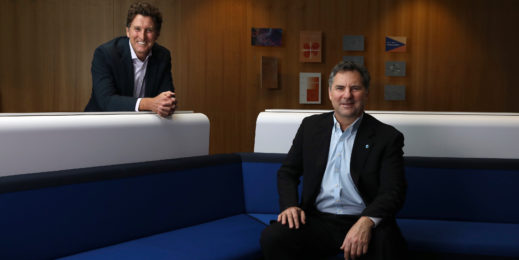
Australian workers want employers to match their commitment to reaching net zero
The average Australian worker thinks their employer could do a lot better on sustainability, according to a new report based on a survey of 686 business leaders and 1,030 employees by Microsoft ANZ and a research team led by Dr Chris Brauer, Director of Innovation at Goldsmiths, University of London.
The Accelerating the journey to net zero report shows that employees overwhelmingly support their organisations’ sustainability strategies, with 60 per cent saying that such strategies make an employer more attractive. However, almost half (43 per cent) disagree with the way these plans for reaching net zero emissions are being carried out.
Workers need environmental incentives
Chief among employees’ complaints is a lack of encouragement, with more than a third saying their employer does not incentivise sustainable behaviours.
Microsoft’s research shows that the majority of employees across sectors are trying to reduce their personal carbon footprints, with 53 per cent using recycled goods at home and 44 per cent trying to be more energy efficient.
Yet most report that these behaviours aren’t incentivised at work.
Just 34 per cent say that their employer encourages them to use recycled goods, while only 14 per cent are incentivised to minimise their energy use or take advantage of renewable energy sources.
Even fewer are being encouraged to take public transport when travelling to in-person meetings (14 per cent), reduce their work-related air travel (13 per cent) or use electric or hybrid vehicles (11 per cent).
Sustainability skills are in short supply
Australian workers say that a lack of sustainability skills is another key impediment to their organisation’s sustainability progress, with more than three-quarters arguing that businesses need to improve their sustainability-focused staff training programs.
Employees recognise the need to hone their own expertise in areas such as sustainable innovation, where 75 per cent believe that technology will play a critical role in helping their organisation reach net zero.
Microsoft’s research demonstrates that the skills shortage worries leaders as well.
More than 40 per cent of business decision-makers across sectors believe that a lack of sustainability skills will be a key barrier to their organisation’s ability to reach net zero emissions by 2050. Yet the report also indicates that these leaders are not taking the necessary step of upskilling their existing workforces, revealing that just 17 per cent of employees have received any training in the skills needed to implement their organisation’s sustainability plans.
Next steps for net zero
Microsoft’s report found that over a third of large Australian organisations (200+ employees) across industries expect to miss their 2050 net zero targets.
“Australian organisations are on board, but off track,” says Brett Shoemaker, Sustainability Director for Microsoft ANZ.
To help accelerate their progress, Microsoft’s report offers a seven-step sustainability blueprint, based on survey findings, insights from the organisations leading on sustainability, and interviews with experts including Dr Alan Finkel, Special Adviser to the Australian Government on Low Emissions Technology.
“Our study shows that leaders are struggling to operationalise their sustainability plans,” says Shoemaker.
So we have created a blueprint using insights from leading experts, academics and Australian organisations, to help them accelerate their progress.
Access Accelerating the journey to net zero: A blueprint for Australia here.
Accelerating the journey to net zero: A blueprint for Australia is based on a survey of 686 business leaders and 1,030 full-time employees of large enterprises in nine sectors, including transport, logistics and storage. To extrapolate results to the Australian economy, findings were weighted by the share of organisations in the total economy. The results are within statistical confidence and have been rounded for simplicity.








